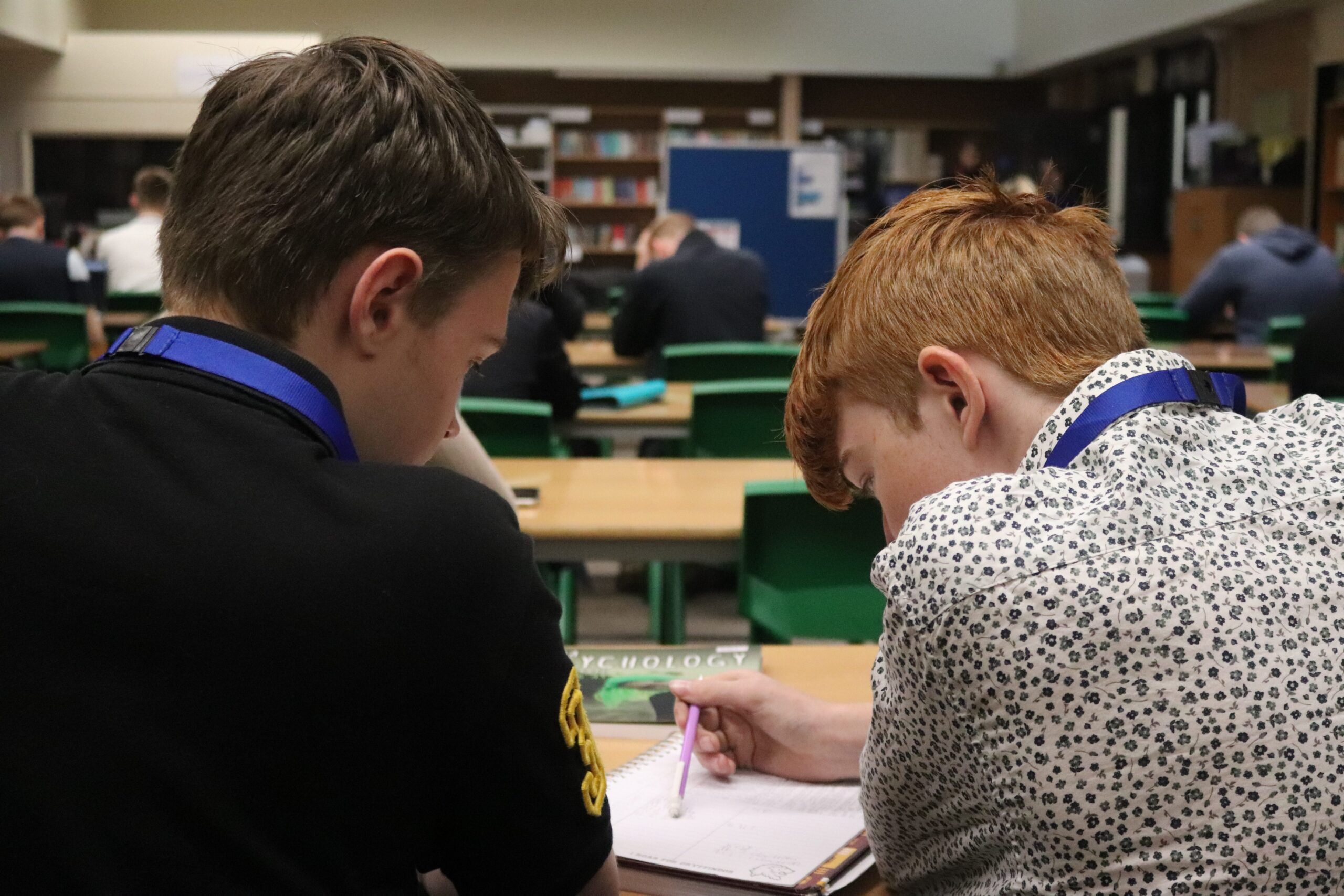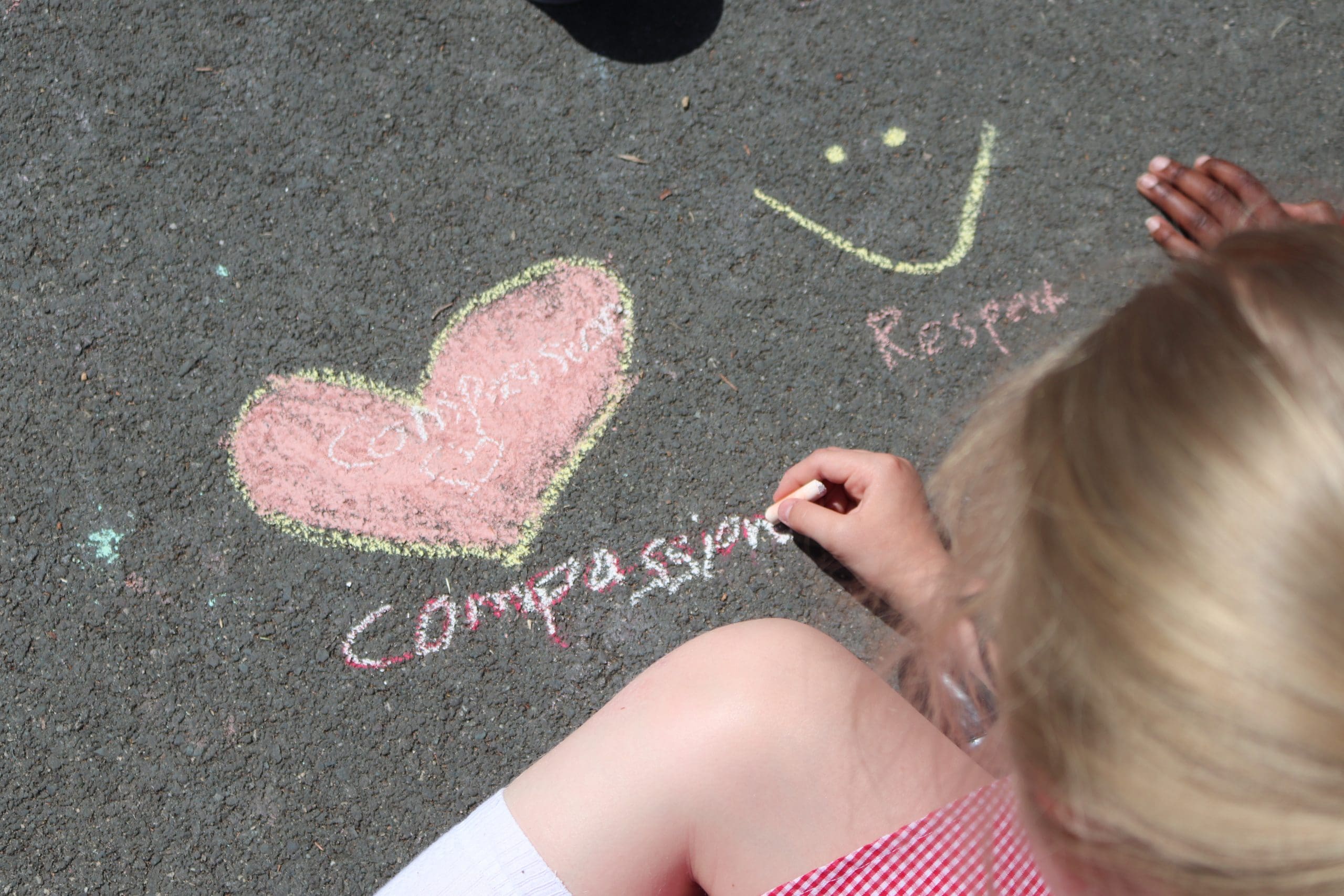With school life comes stress – moving to a new class, facing exams, struggling with friendship groups – and most of us have been there and dealt with all that. For the current cohort of children, in primary and secondary education, however, there’s a whole new set of stresses to cope with, and Nene Education Trust is calling on its strength as a multi-school organisation to continue to develop strategies that work.
Comprising seven primary schools and one secondary school in East Northamptonshire, as well as the 5 Wells Development Centre in Wellingborough, Nene Education Trust is fortunate to have specialists within its ranks to help teachers working with children of all ages to put in place measures to make sure children and young people are heard, and that strategies are in place to help them through any issues.
Helen Jaeger is Pastoral Officer at one of the Trust’s schools, Redwell Primary School in Wellingborough, and author of two wellbeing books for children, called How To Stay Happy and How To Stay Healthy.
Helen said:
“One positive thing when dealing with primary school children is that, if they are unhappy, they will usually seek out adults and tell them there is something wrong or what is worrying them.
“But the pandemic has brought new issues – a fear of death for instance, because it’s all around them. They hear things on the news, or their parents talking, and they may not understand or have a perspective on what that means. In addition, primary school children are very dependent on adults to shape their social activities, play dates, after-school activities, etc. Social inclusion was difficult during the pandemic, and whereas older children have social media channels through which they can keep in touch with their peers and socialise, younger children don’t.
“Our staff know they need to be there to listen, either directly with children sharing their worries, or what they overhear when children speak to each other, and know the strategies to help them cope. We have a digital worry monster on our website, where children can share their troubles online if they don’t want to speak to someone.”
For secondary school children, concerns are more about exams – whether or not they will actually happen – dips in attainment after two disrupted years, and changes to social integration.
Lee Towers and Glenn Martin are Co-Principals at Manor School in Raunds. Lee said:
“We have had a wellness element built into our curriculum for some time and hopefully students, with support from staff, are able to recognise for themselves the issues they are facing and work out strategies to cope.
“School values are about resilience and opening up channels of communication. And they’ve learned over the past two years to think about how other people might be coping and how to adapt their behaviour to try to make sure everyone is OK.”
Glenn added:
“It’s been tough for students. Take the current Year 13 – they didn’t have leaving parties at the end of Year 11, there were no exams last year, there are possibly going to be exams this year, so they are under a lot of stress. What students have learned is that the one thing they can be sure of is that things are going to change.”

Amy Bradshaw is Trust Wellbeing Lead and works with teaching and support staff within all eight schools to advise on how best to help children who need it. With pupils, she teaches the skills and tools to help them manage difficult moments and work with worries, along with building resilience and managing their emotions. And here, she suggests the following steps that parents and carers can take to help alleviate some of the pressure.
Be open to listening to their experiences – try not to minimise their experiences. If it’s important to them, it’s worth listening to.
When they share their source of stress try responding with something like ‘That’s tricky – what are you going to do about that?’ so that they can begin to find their own ways to deal with it.
Model your own managing of stress – talking about what stress feels like for you, where you feel it in your body. Talk about what reduces your stress and helps you regulate yourself.
Create a wellbeing toolkit with the child – all the things that make you feel good, make you happy, lift you up. Do it for yourself, too.
With older children trying to manage exam and school stress, encourage them to identify the sources of stress in their life and think about things that help ease that stress. Talk about the things we can change and the things we can’t. If we can change it, plan how. If you can’t change it, talk about how you might be able to alter your attitude or approach to it
The best antidote to stress is… fun! Do something to make you laugh and smile. Distract, refocus and reconnect are great tools for in-the-moment stress reduction.
Bring mindful moments to your daily routine – pause and breathe when you need to.
The NET Wellbeing YouTube Channel contains playlists for primary children, secondary children and parents. Follow the link to find videos to support the whole family.













